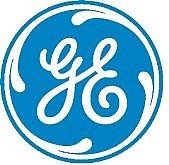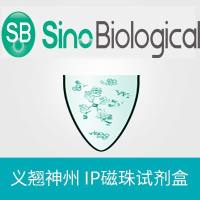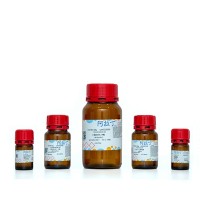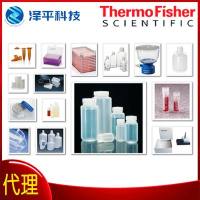Methods of Measuring Thyroglobulin and Peptide-Methylcoumarinamide Hydrolysis by Autoantibodies
互联网
1702
Polyclonal antibodies often serve as the starting point for interesting studies of new antibody functions and their links with immunoregulation and autoimmune disease. For example, the catalytic activity of naturally formed antibodies was first discovered using human autoantibody mixtures (1 ,2 ). Thyroglobulin (Tg), a large water-soluble glycoprotein (mass approx 660 kDa) is a classical target for autoimmune responses. Thyroglobulin is stored in the thyroid colloid and can constitute up to 70% of the total protein in this gland. The protein is iodinated within the thyroid by peroxidase-catalyzed reactions and proteolytic processing of the iodinated Tg leads to formation of the thyroid hormones T3 and T4 . Autoantibodies to Tg are found in >80% of patients with Hashimoto’s thyroiditis, a disease characterized by thyroid damage and hyperthyroidism. Here, we describe a method to measure the catalytic breakdown of Tg by autoantibody fractions. Since Tg contains several repeat domains and antigenic epitopes (3 ,4 ), the hydrolytic specificity of the antibodies was determined using a panel of commercially available peptide-methylcoumarinamide (peptide-MCA) substrates. Cleavage of the amide bond linking an amino acid and the coumarin moiety in these substrates serves as a convenient surrogate for peptide bond hydrolysis. The peptide-MCA substrates have previously been used to assay the activity of endopeptidases and exopeptidases (5 ).









